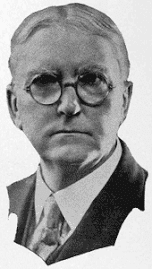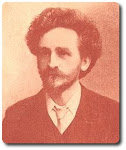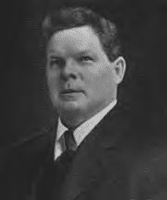May 12, 1926
There is always a beautiful way to say things. Just as there is a beautiful way to act or to build a house or to finish a room.
The lovely character cannot help but give expression to beautiful thoughts that come out into words full of pleasing appeal.
Everyone, upon maturity, has a way of expressing themselves in words. And this way gives you the key to their character. It may be a beautiful or an ugly way that they may have.
But there is always a beautiful way to say everything. Nothing so cuts into one's heart as a mis-spoken word that falls clumsily. Rarely, perhaps, the hurt was meant at all. Nevertheless when a word has gone from the lips, it cannot be recalled. Yours may go, but so long as memory lives, the scar of a mis-spoken word may remain.
It is fine to forgive and forget so far as in your power lies, but to be highly tuned to the receipt of beautiful words from a warm and understanding heart is to own one of the finest gifts God gives to human beings.
The beautiful way of saying things to everybody you know or meet is the only way. The other way wasn't meant at all.
If you can't speak sincerely and well, then don't speak at all. Silence leaves no sad memories.
The happy voice over the telephone, the earyly morning greeting, the first words after separation from your friends—how important to make them full of beauty, vibrant with the soul of you!










